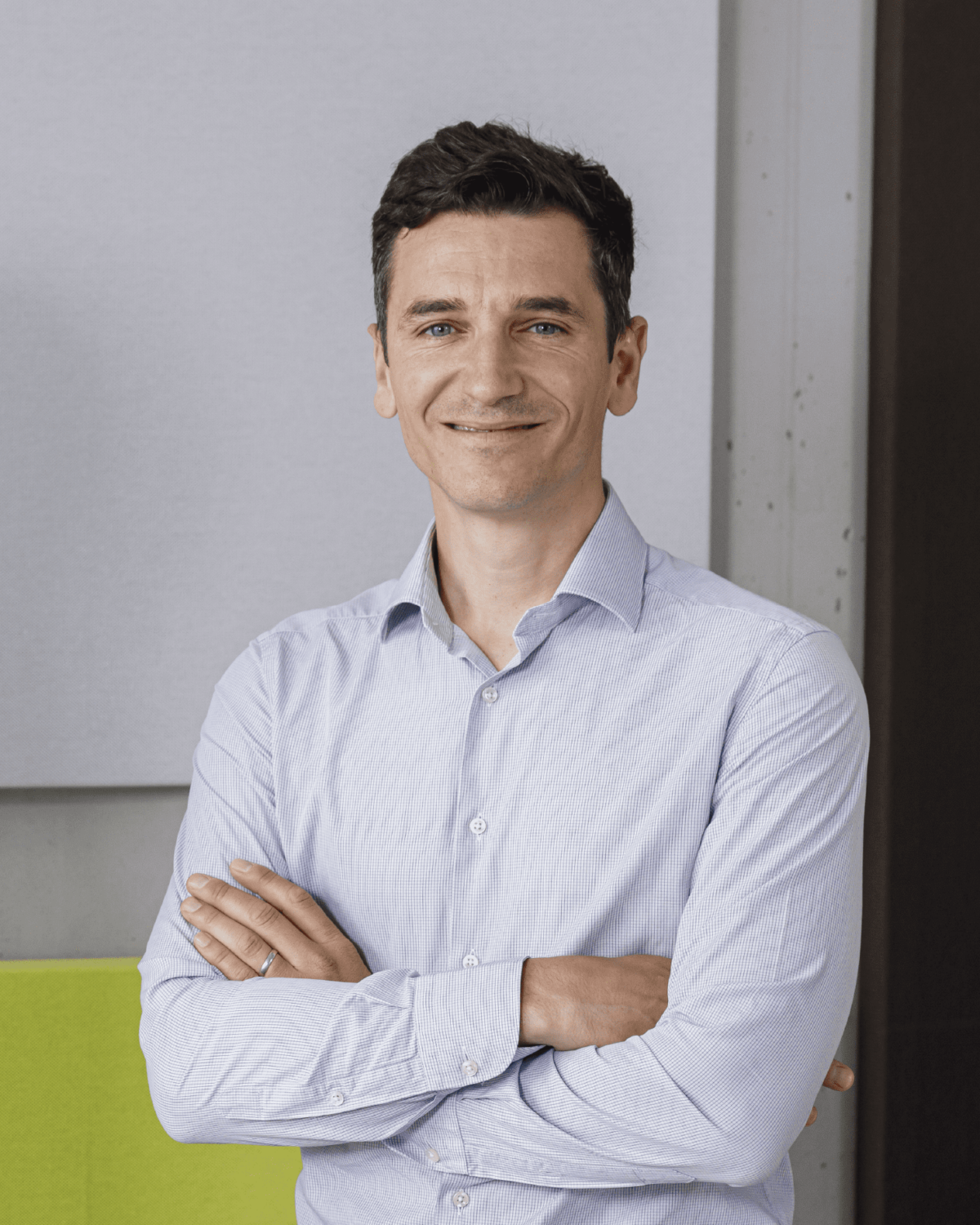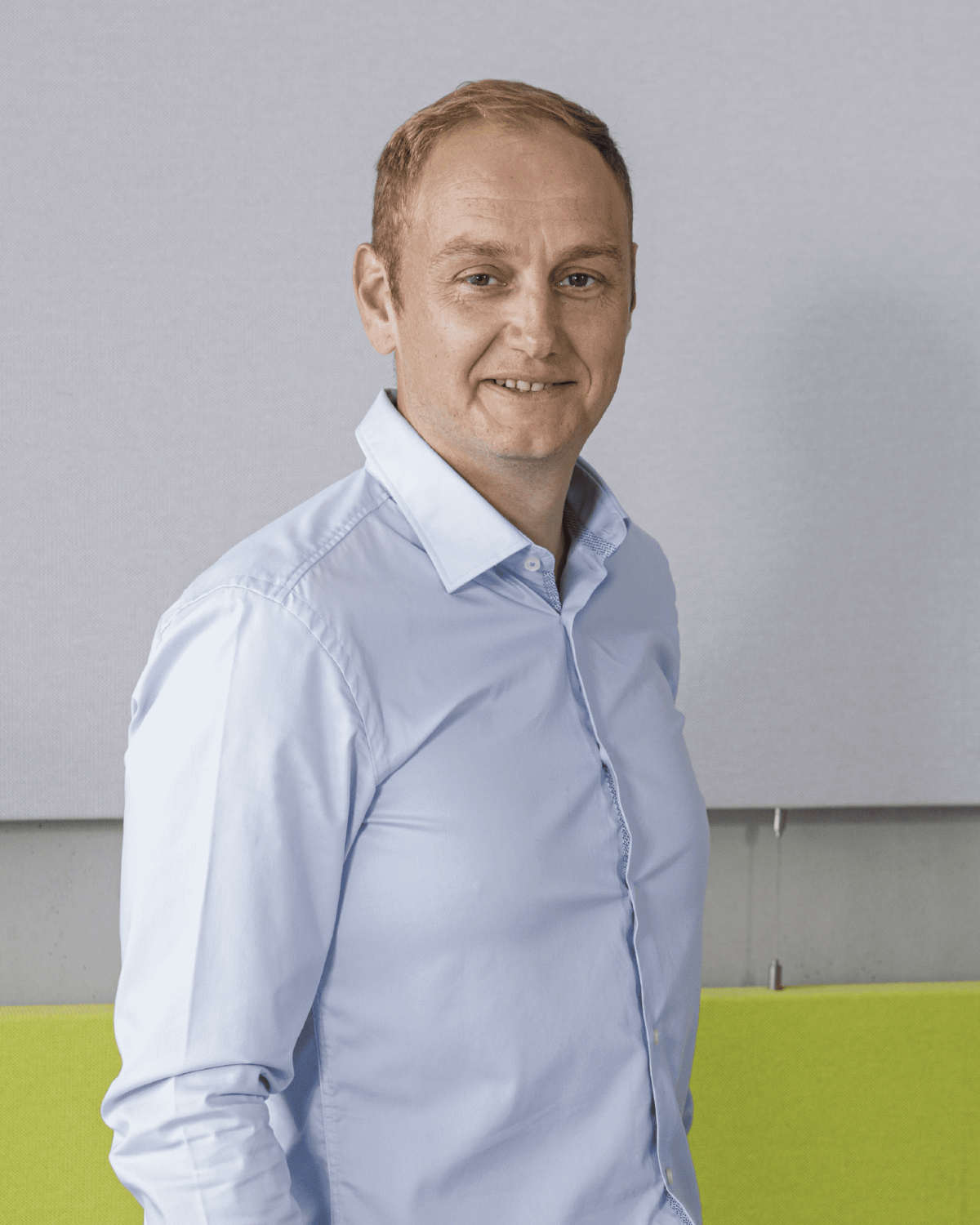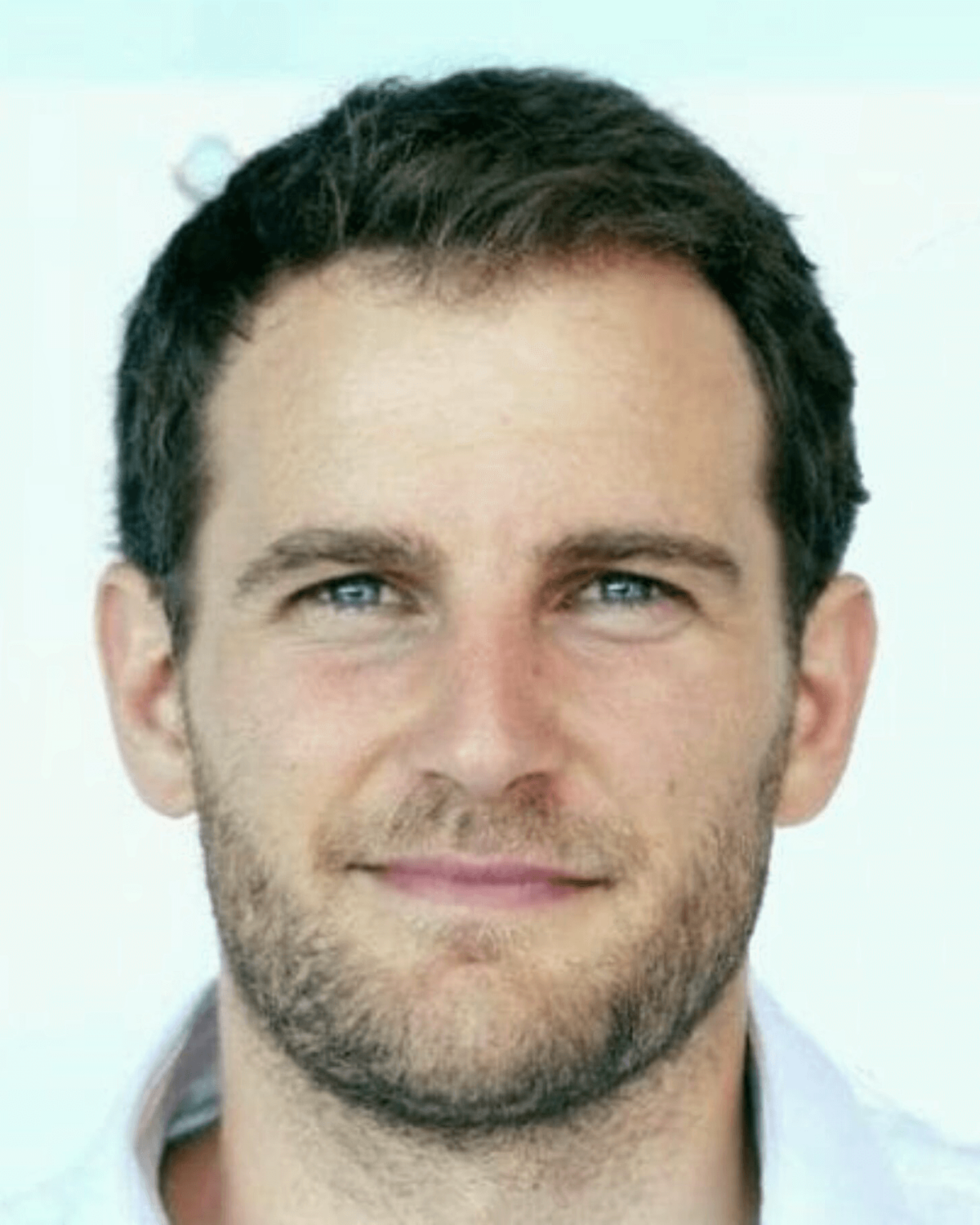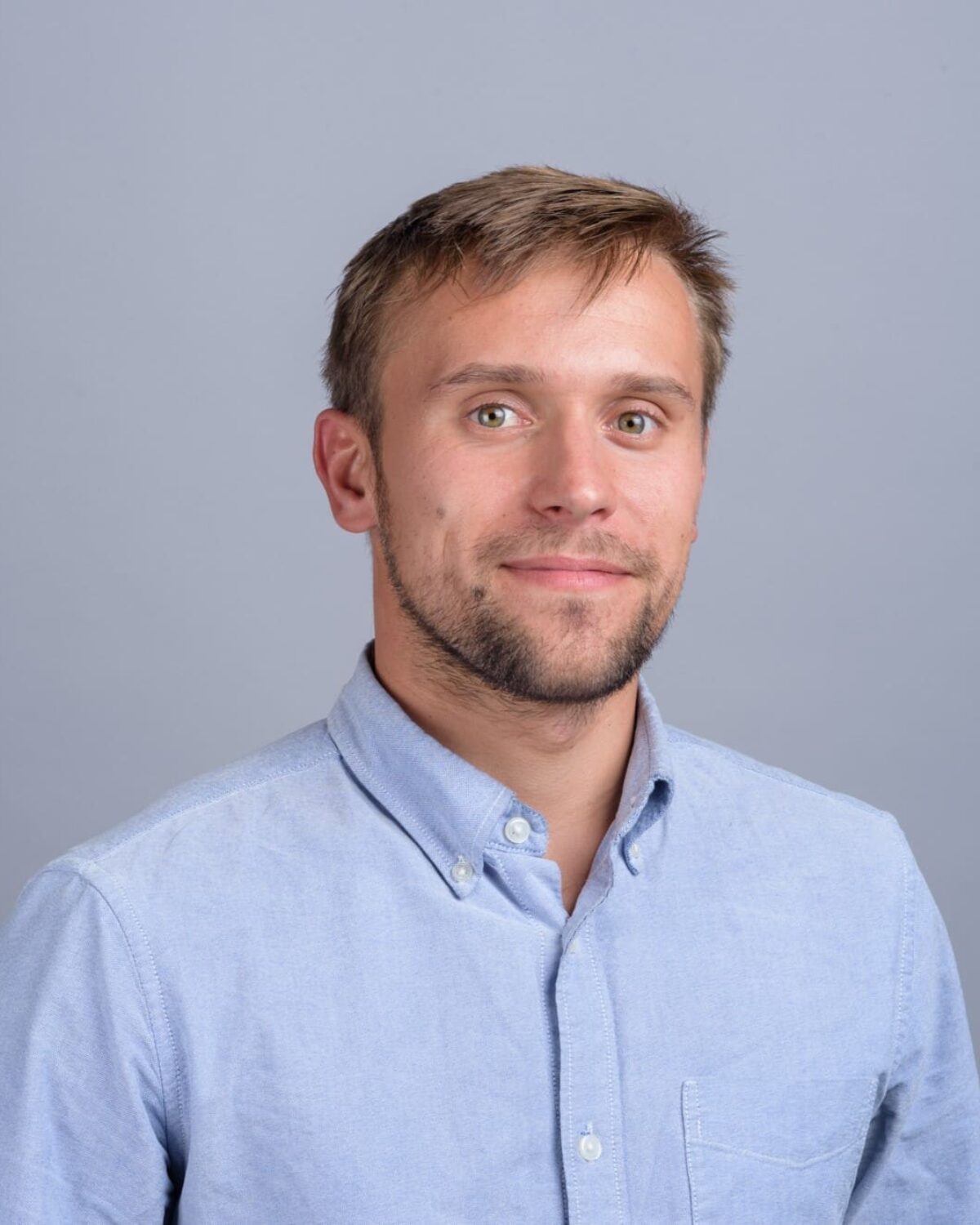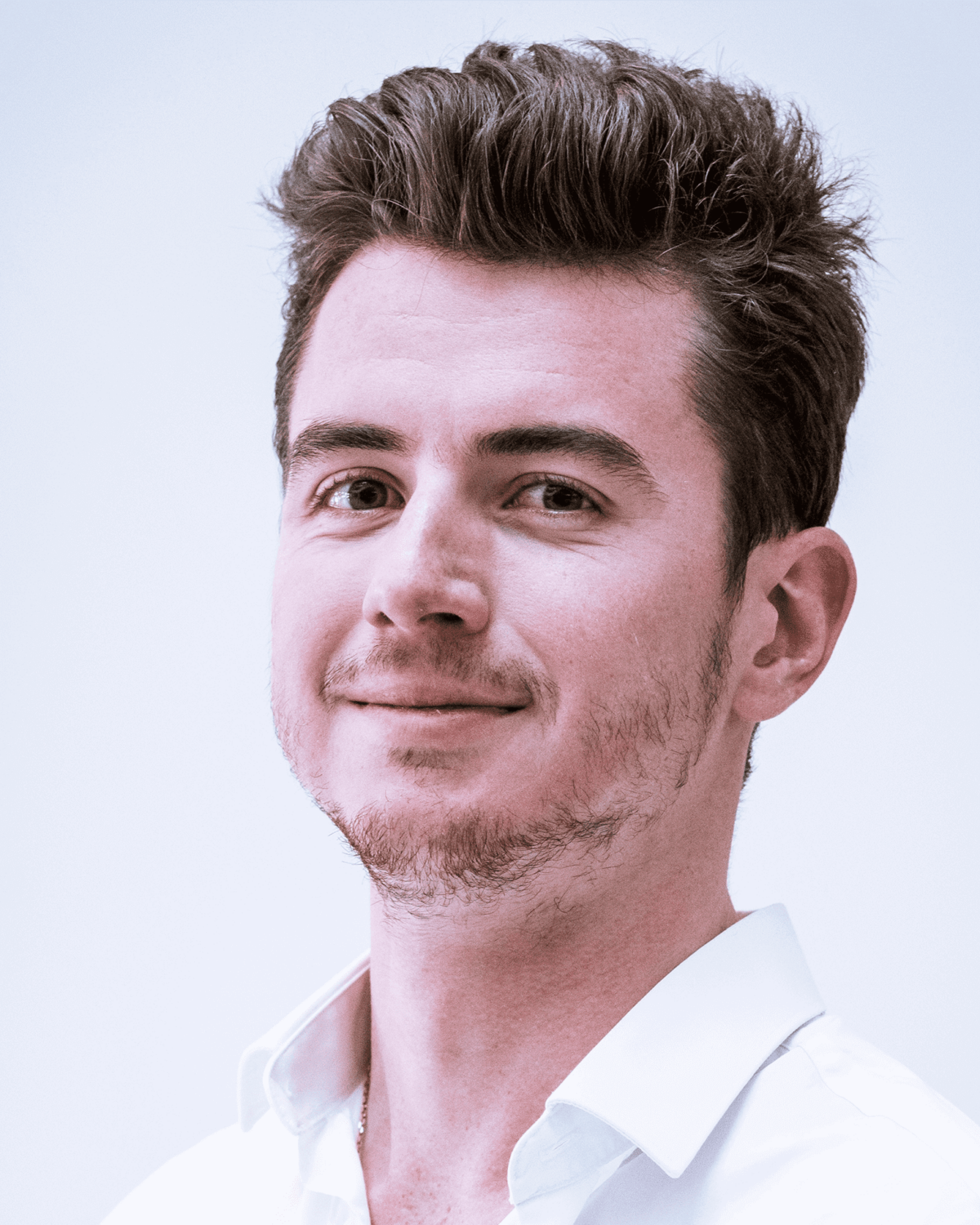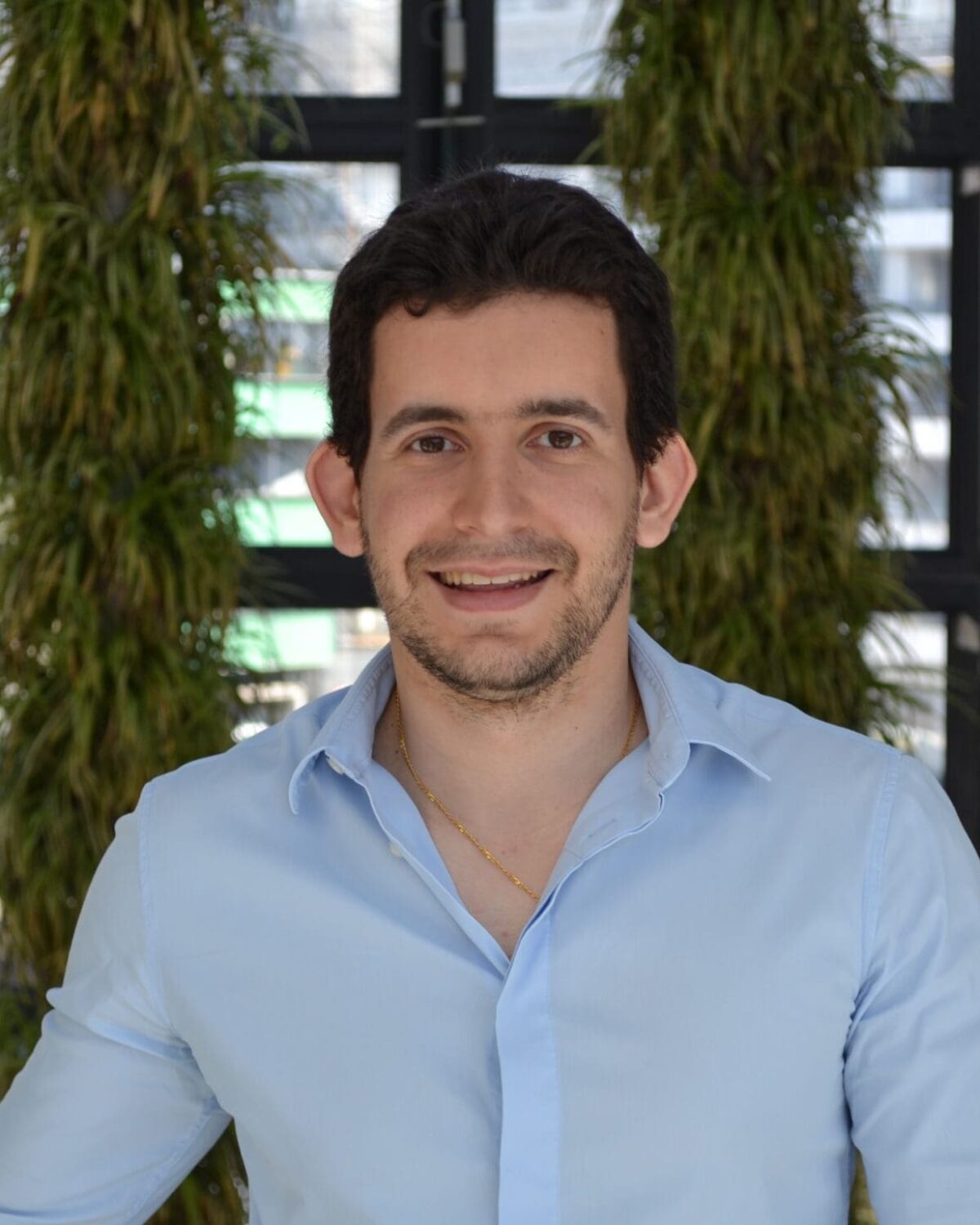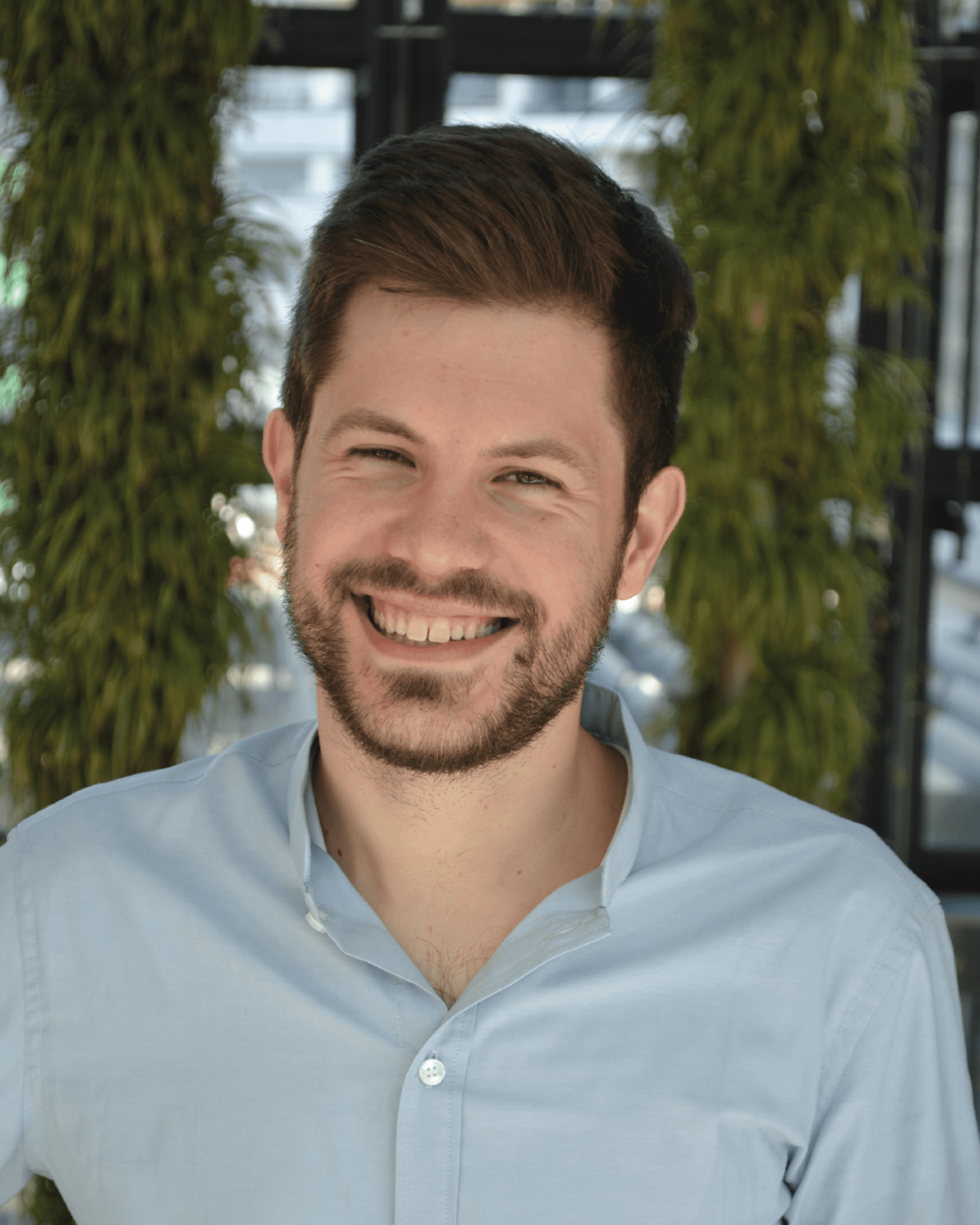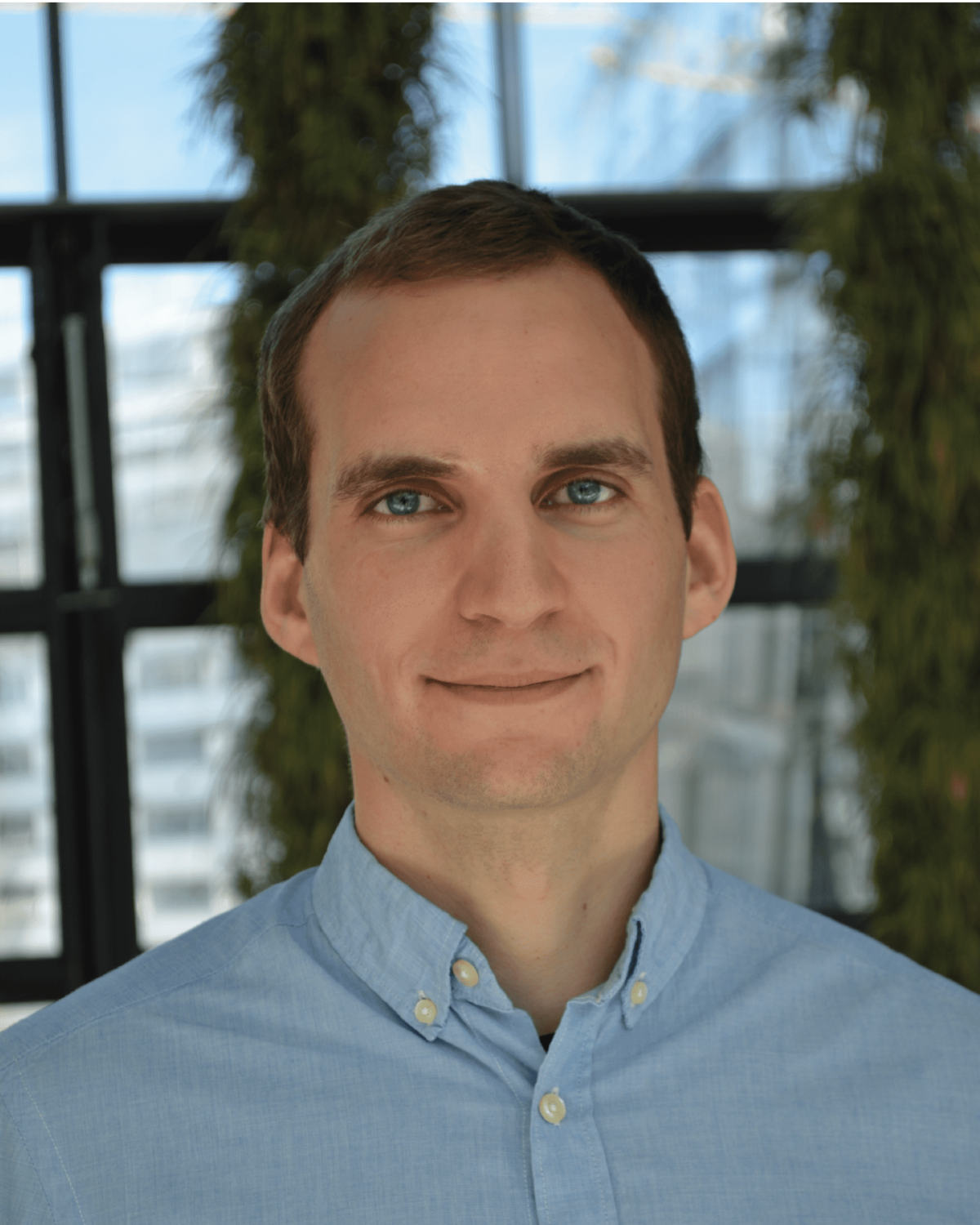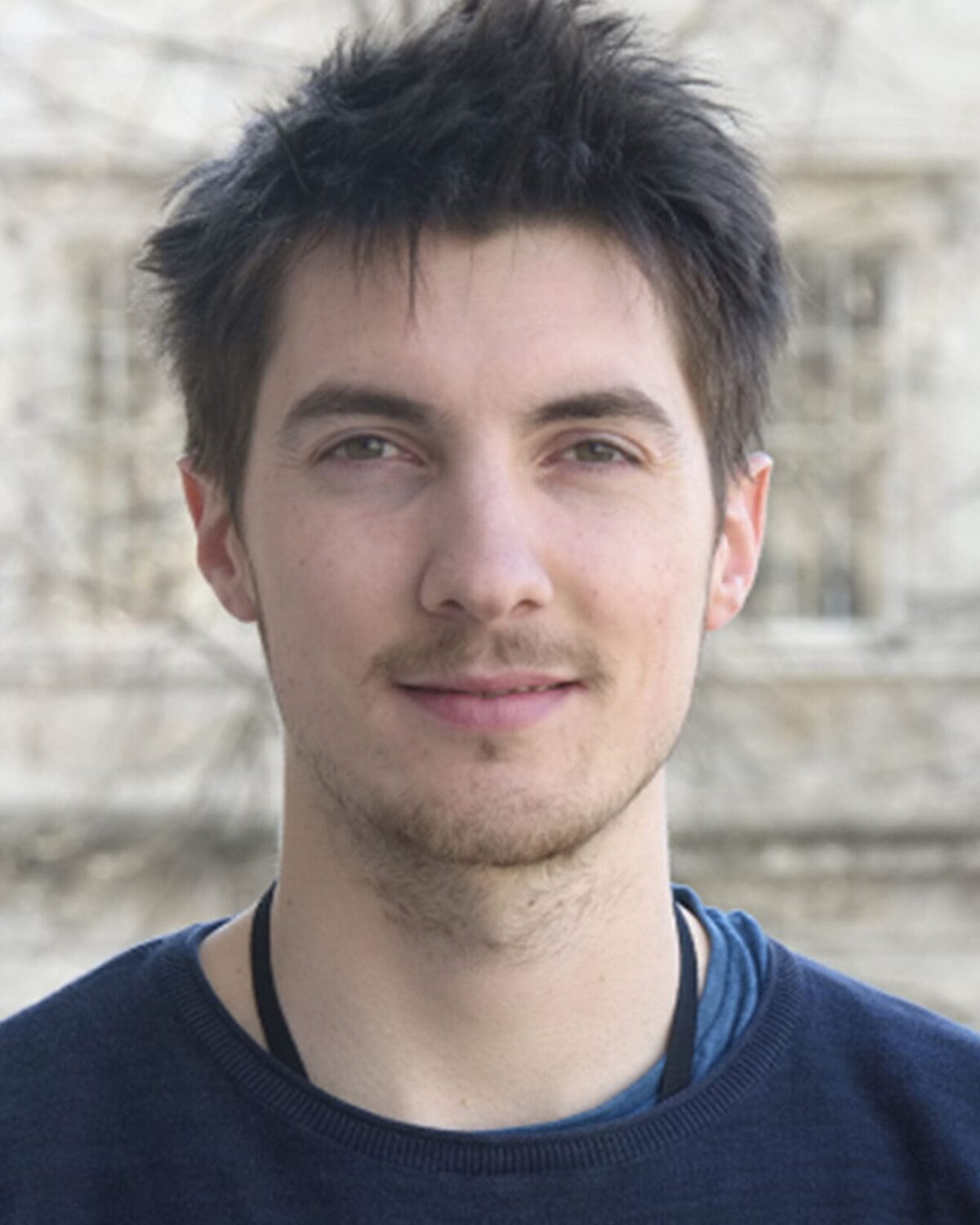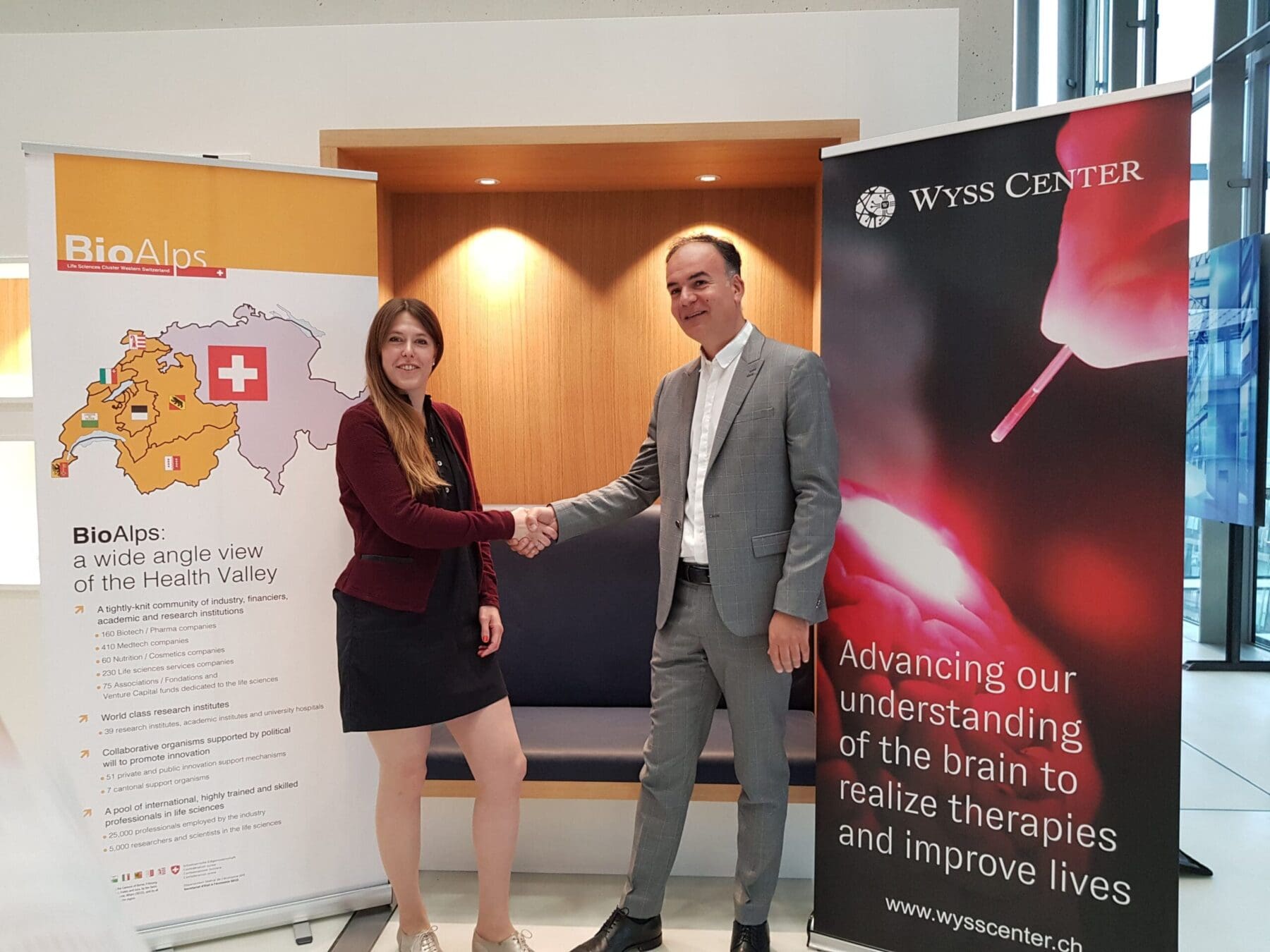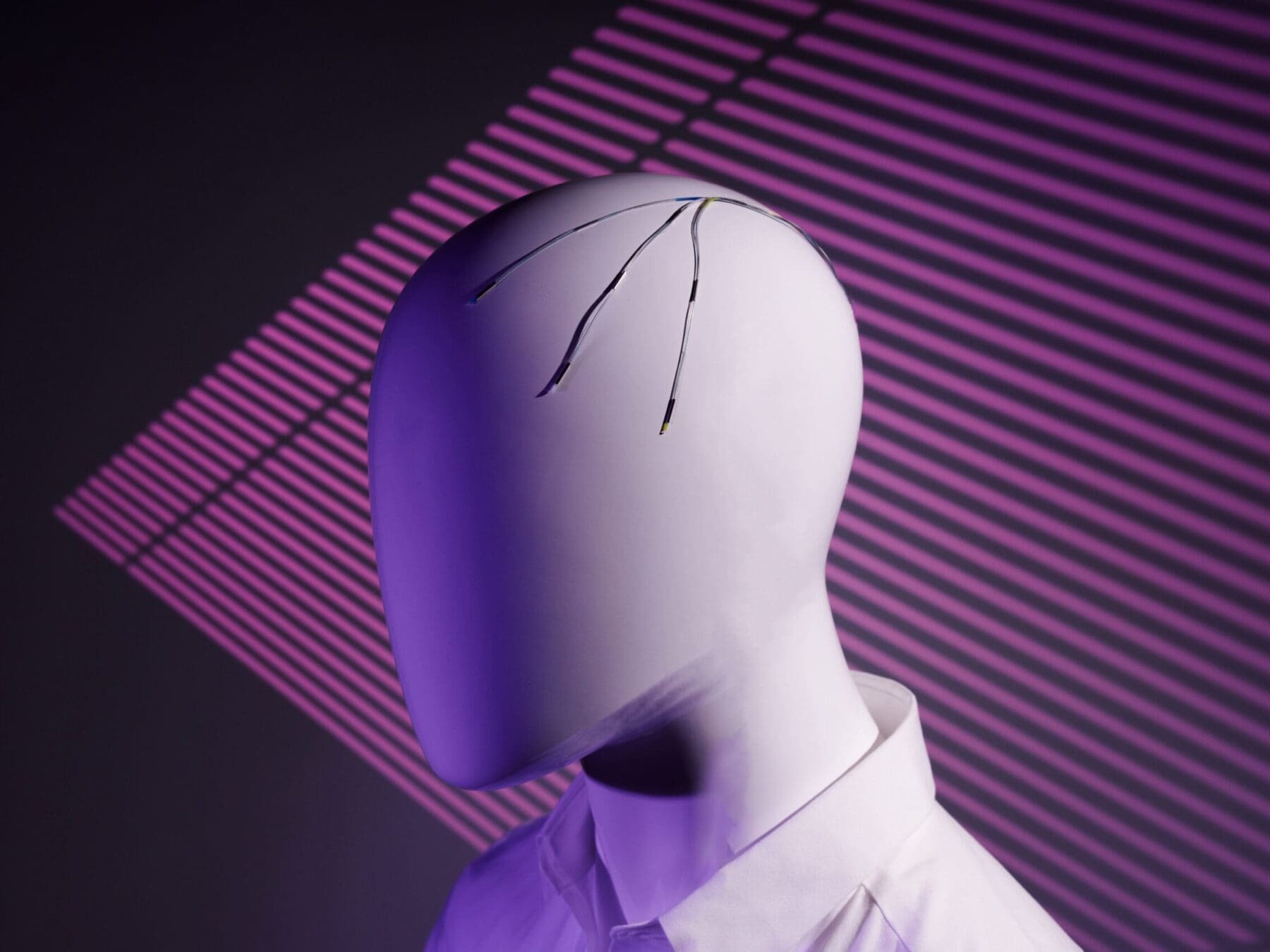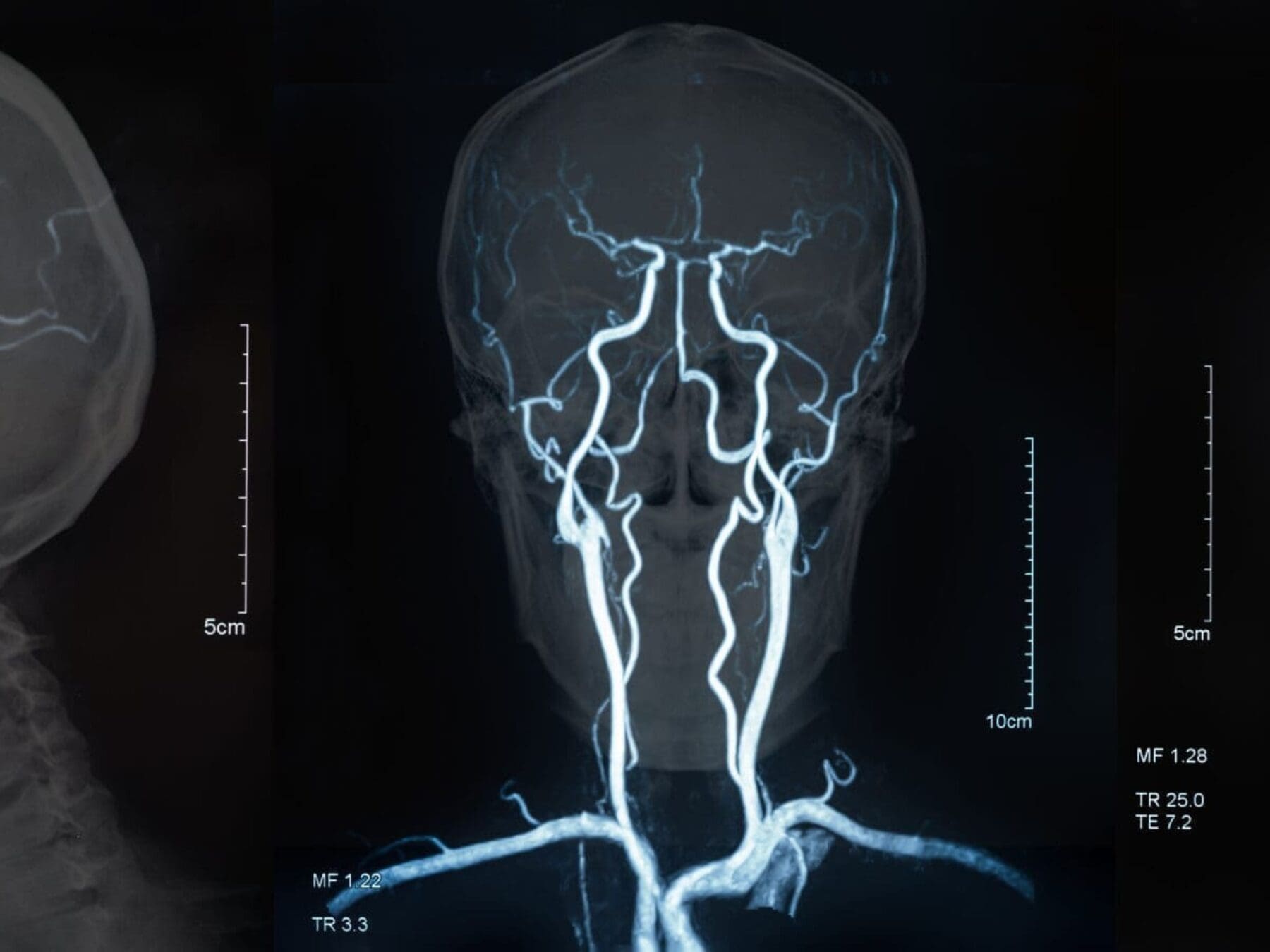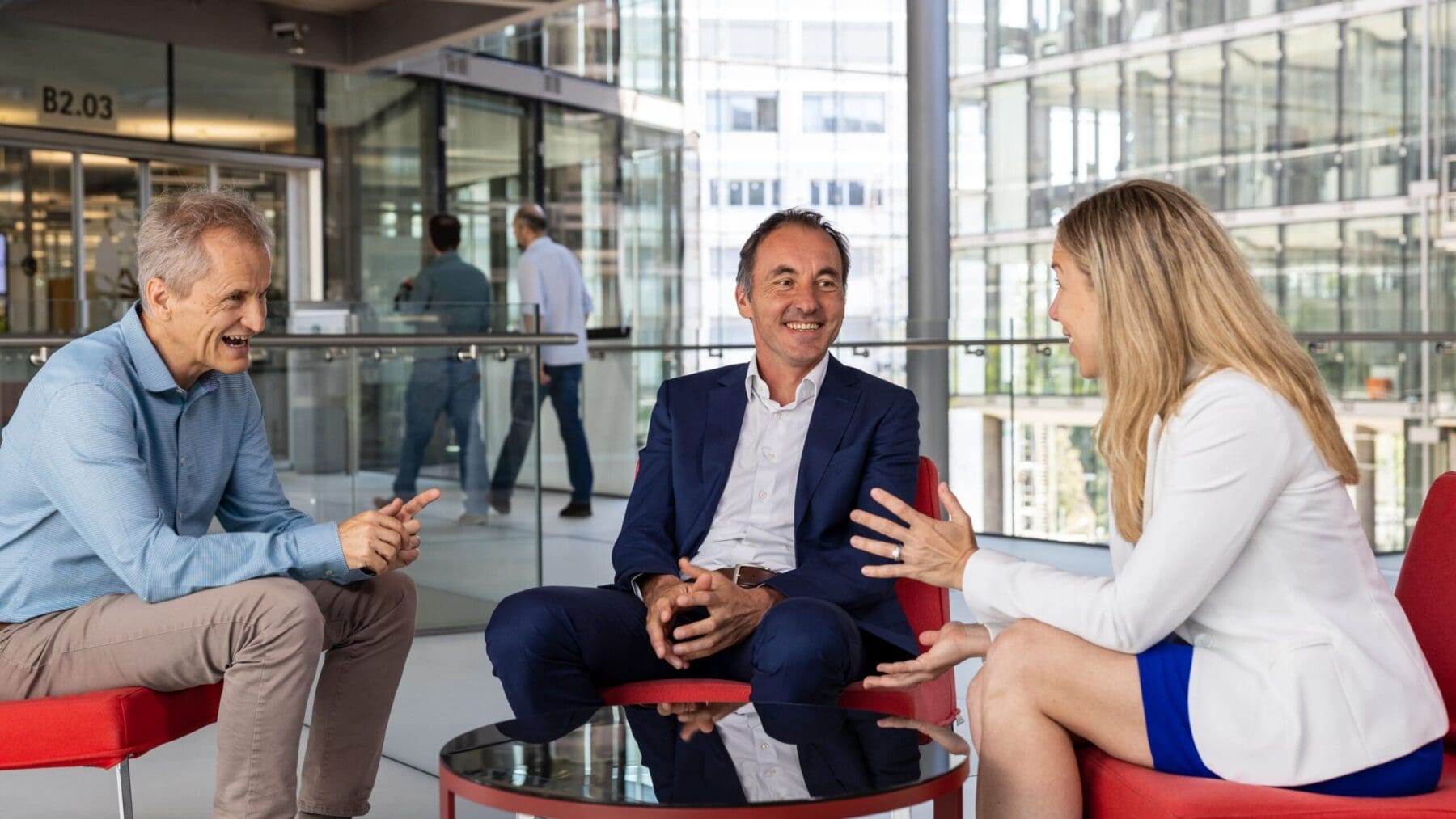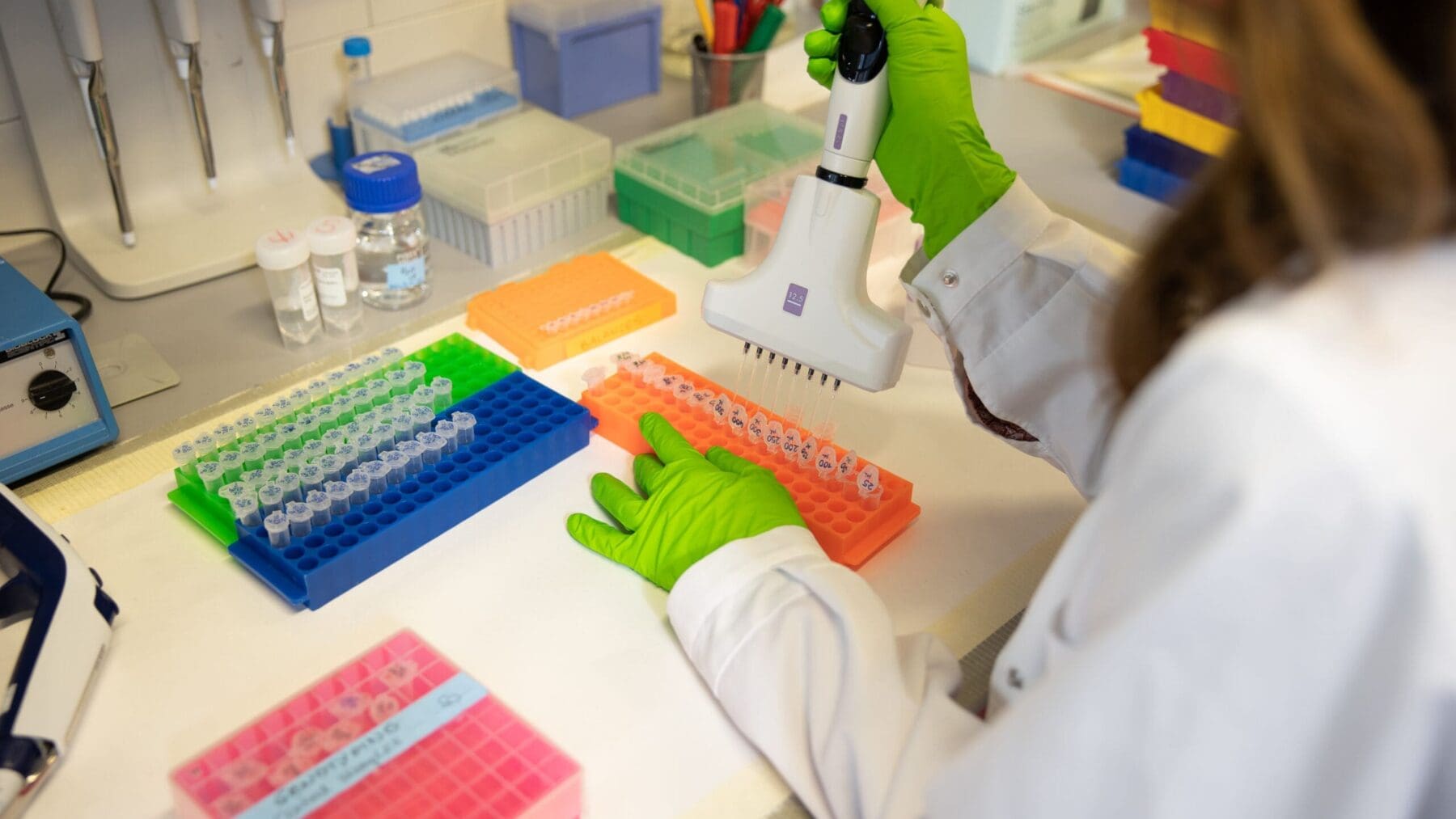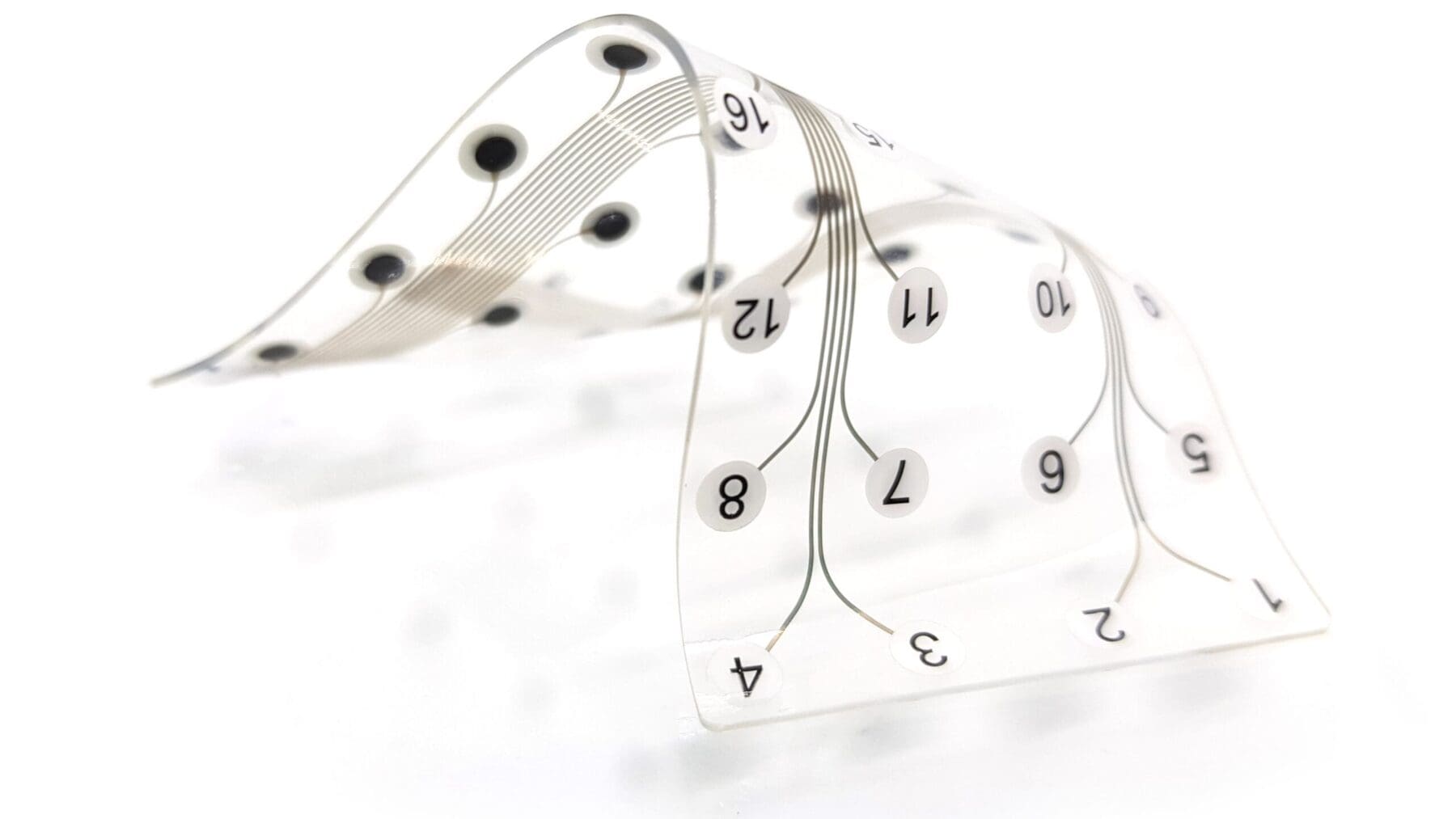Key to our mission to translate neuroscience innovations into clinical solutions is our engagement and support of entrepreneurs, both within and outside the Wyss Center. We also collaborate with business leaders from around the world to enhance innovation and entrepreneurship in Switzerland.
Wyss Center resources for entrepreneurs:
- Laboratory and/or office space at the Wyss Center, with the opportunity to work alongside Center staff and collaborators.
- Access to the Center’s technology platforms with the potential for integration with startup technologies.
- Access to the Center’s capabilities and expertise such as electromechanical design, rapid prototyping, imaging, regulatory and clinical affairs.
- Business development and market analysis, coaching and mentorship.
- Networking and access to the Center’s community.
Partnerships
Stroke is the third leading cause of disability worldwide with more than 80 million people living with long-term impairments as a result.
Currently, one of the best remedies for stroke patients is based on neuro-endovascular approaches performed with the help of image-guided techniques (X-rays) to penetrate the brain and deliver a treatment. However, access to the delicate and intricately convoluted arteries of the brain is challenging and can delay delivery of life-saving treatment. Artiria Medical, an early-stage medical device company, was founded to address this unmet medical need.
The Wyss Center is working with Artiria to accelerate the translation of one of its key technologies to the clinic. The novel medical device interacts with the nerves responsible for arterial constriction in the brain – cerebral vasospasm – a common complication after hemorrhagic stroke. The new therapy has the potential to reduce deaths and improve quality of life for stroke patients. The Wyss center also supports Artiria by providing access to specific testing equipment enabling the assessment of the safety and performance of the devices.
The Artiria leadership: Marc Boers, COO and Founder (L) and Guillaume Petit-Pierre, CEO and Founder (R)
The Artiria-Wyss Center team explore arteries in a model of brain vasculature. The new technology interacts with specific nerves within lower brain arteries to release arterial constriction across the entire brain and improve stroke recovery.
Smart sports helmet technology for monitoring and real-time analysis of head impact in athletes.
As many as 2.5 million concussions occur every year in Europe alone, with approximately 50% due to competitive and recreational sports. It is estimated around half of these go unreported or undetected. Repeated head impact in contact sports can lead to a neurodegenerative disease known as Chronic Traumatic Encephalopathy (CTE).
Bearmind’s system, which comprises sensors incorporated into a sports helmet, is designed to collect data on the force and location of an impact and motion of the head. State-of-the-art algorithms and cloud-based software analyze head impacts in real-time and provide live alerts allowing staff on the side-line to evaluate and react to injuries as they happen.
The Bearmind team are optimizing the design and production of the first connected helmets. The system is being tested in Swiss National League ice hockey clubs.

A dream journaling mobile application.
Scientists have known of the existence of lucid dreams – in which the dreamer becomes aware that they are dreaming – for decades, but the neurobiology is poorly understood and it remains unclear why some people have them while others do not. Lucid dreaming is thought to bring benefits including reduced anxiety, improved motor skills, memory consolidation and enhanced problem solving. It also shows emerging potential as a method to study the cognitive neuroscience of consciousness and to interact with people’s subconscious. As a result, therapists are increasingly using lucid dreams as a tool to help heal trauma.
The Capture app provides a wealth of dream data and is a valuable tool for sleep researchers interested in dream reports to explore brain and mind functions during sleep.
The Capture team plan to work closely with a sleep research lab to adapt the app for future studies and to develop a brand-new lucid dreaming technique.
With almost 200 000 downloads from the Apple app store, the company is also planning to expand to Android to further increase the scale and sustainability of its app, providing scientists with a reliable source of data to evaluate trends and recurring elements in dreams.
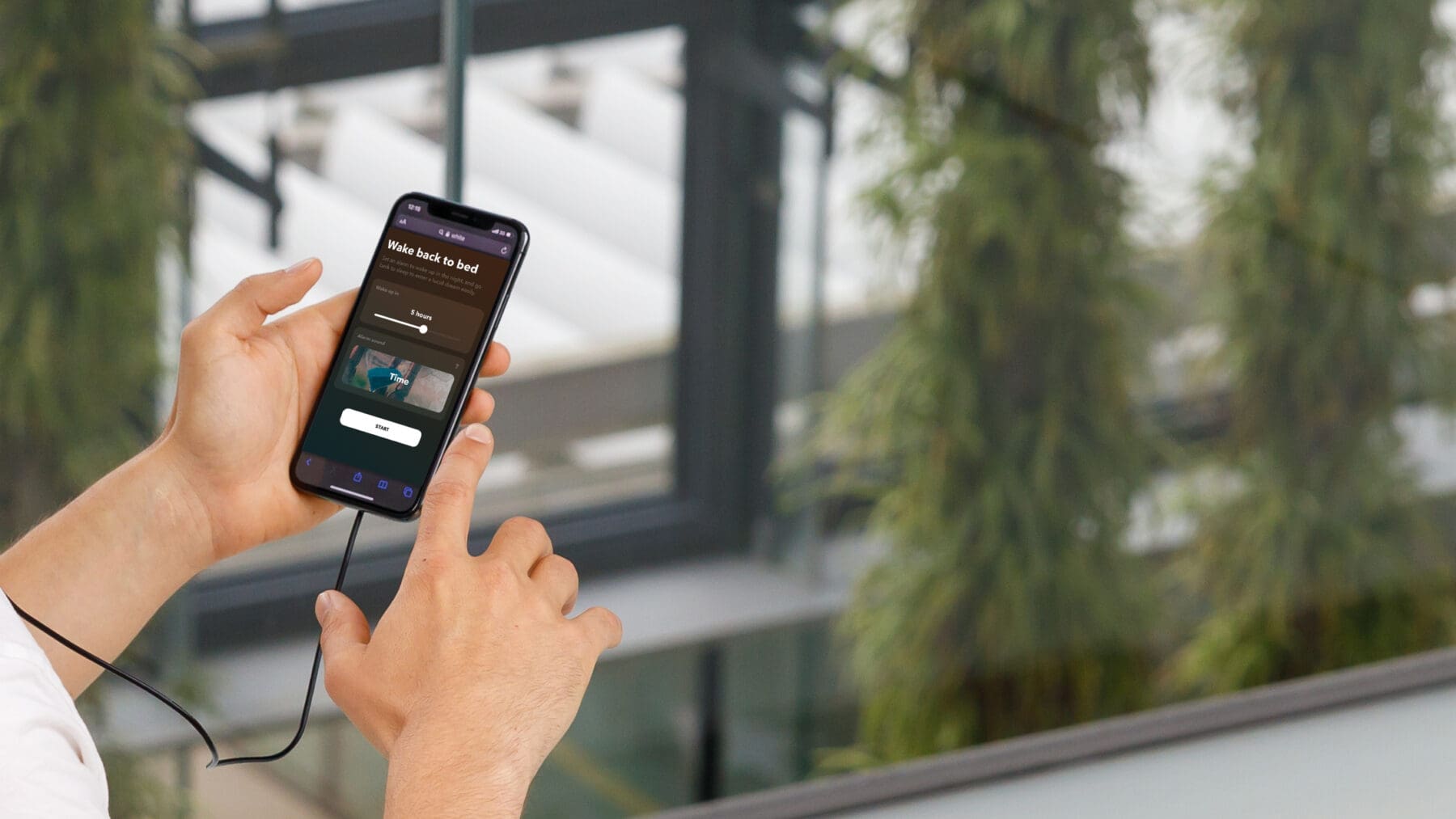
Active medical implants, such as cardiac pacemakers and neural monitoring or stimulation devices, contain sensitive electronics that must be protected from the warm, wet environment of the human body. Although electronics have become smaller in recent years, this is not the case for active implant housings which still have relatively large volumes.
Coat-X has developed a new thin-film encapsulation technology which has been successfully used in a variety of medical devices and has the potential to be applied in many other sectors, including active implants. The flexible coating conforms to the shape of the electronics, encasing them directly in a leakproof, biocompatible envelope.
The Wyss Center is working in partnership with Coat-X to validate the use of the technology in active implants. The long-term performance of the coating technology in the human body will be verified in the custom-built accelerated aging system at the Wyss Center.
The team is developing and coating prototype devices with several variations of the encapsulation technology which are then subjected to high temperatures and humidity to accelerate their aging. Electronic tags built into the devices wirelessly send updates on the internal status of the electronics, continuously assessing the hermeticity of the new coating and giving valuable information on its performance and reliability in the body.
Successful verification of the long-term performance of the technology will pave the way for miniaturized medical implants that integrate more easily with the human body.
Optimum medical device coating technology selected to protect electronics during simulated implantation
The team assessed numerous multilayer coatings during a four-month accelerated aging process. Electronic tags embedded within coated test devices were checked at regular intervals for any signs of coating breakdown. Based on the results, the team selected the best performing coating technology. The next step in the collaboration is to test the electronic tags coated with the ‘winning’ technology in an accelerated aging environment while they are continuously communicating. The tests will simulate performance for ten and twenty years of implantation. In parallel, the team has established two control groups in which uncoated tags are subjected to slightly different accelerated ageing environments. This will allow the team to define an accurate accelerated aging factor and refine the test platform protocol.
The Wyss Center’s custom-built accelerated aging system verifies the long-term performance of implantable devices in the human body.
Electronic tags embedded within coated test devices are checked at regular intervals. Credit: Coat-X
Neural implants can be used to diagnose and treat neurological disorders like epilepsy and tinnitus. This is done by electrically recording and stimulating the brain, the spinal cord, or the peripheral nerves. However, the long-term success of current neural interfaces is limited by the mechanical mismatch between stiff electronics and soft living tissues. Neurosoft Bioelectronics has introduced a new class of neural implants made of soft and elastic materials that seamlessly interface with the nervous system, promoting the long-term bio-integration of the devices in the body.
The Wyss Center is working with the Neurosoft Bioelectronics team to help validate their electrodes for use in humans and drive eventual commercialization. Through this partnership the Neurosoft team has received support to perform technical de-risking by testing the safety and performance of the devices, as well as establishing a medical grade manufacturing facility and implementing a quality management system. This work will lead to a first-in-human clinical trial with local hospitals and eventually commercialization.
The Neurosoft Bioelectronics team
Neurosoft Bioelectronics technology
Neurosoft Bioelectronics technology
Neurosoft Bioelectronics technology
Neurosoft Bioelectronics technology
If you are an entrepreneur working in neurobiology, neuroimaging or neurotechnology, and would like to spend time working alongside the Wyss Center team, get in touch.
Contact us at busdev@wysscenter.ch



